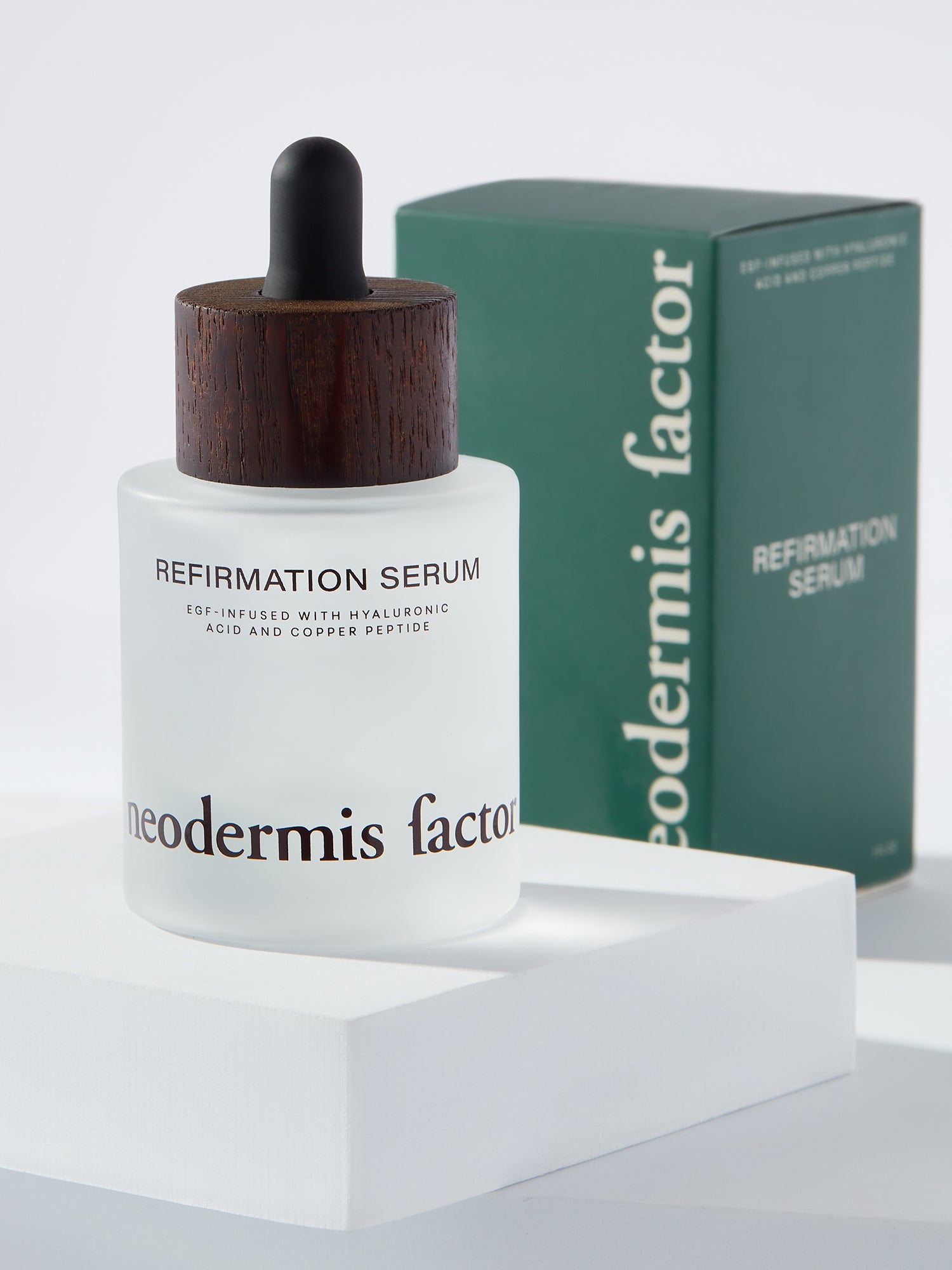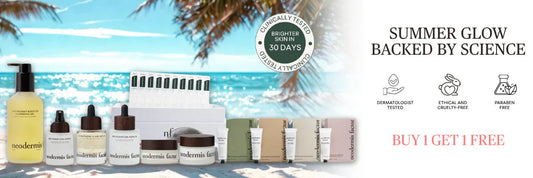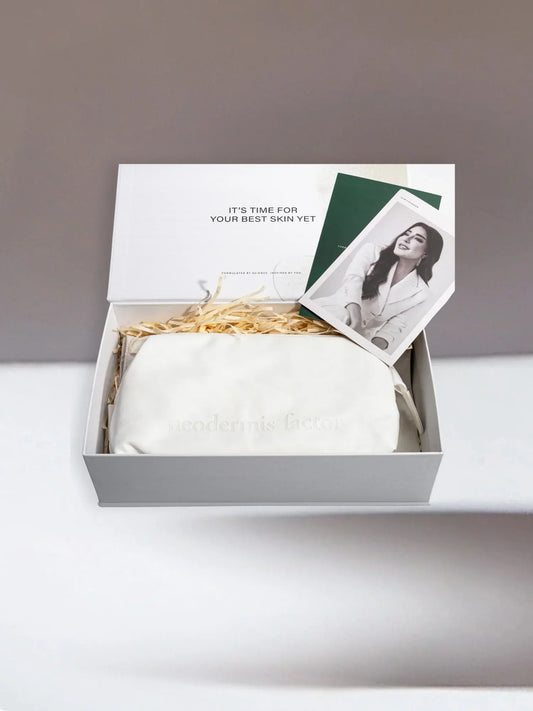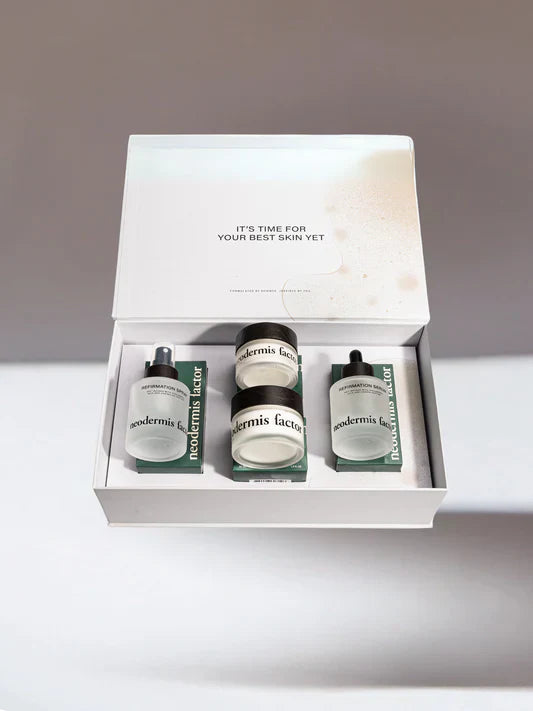As we continue to seek out the best ways to achieve healthy, glowing skin, face serums have become an increasingly popular skincare staple. But what exactly are face serums, and how do they differ from moisturizers? In this article, we'll delve into the world of face serums, exploring their benefits, types, and how to incorporate them into your skincare routine.
What Is a Serum?
A serum is a lightweight, fast-absorbing liquid skincare product that contains a high concentration of active ingredients. These active ingredients can range from antioxidants and vitamins to peptides and plant extracts, each designed to address specific skin concerns.
Are Face Serums the Same as Moisturizers?
While face serums and moisturizers share some similarities, they serve distinct purposes in your skincare routine. Moisturizers provide hydration and help lock in moisture, whereas serums deliver a concentrated dose of active ingredients to target specific skin issues. Think of serums as a specialized treatment product that complements your moisturizer.
Benefits of Face Serums

Face serums offer a multitude of benefits, including:
- Improved skin texture: Serums can help refine pores, reduce fine lines, and leave skin looking smoother.
- Enhanced skin brightness: Certain serums contain brightening agents that can help even out skin tone and reduce the appearance of dark spots.
- Increased hydration: Hydrating serums can provide an intense dose of moisture, leaving skin feeling soft and supple.
- Anti-aging benefits: Many serums contain antioxidants and other anti-aging ingredients that can help reduce the visible signs of aging.
Suggested - Top 15 Vitamin C Serums for Seriously Glowing Skin
What Are the Types of Serums?
With so many serums on the market, it can be overwhelming to choose the right one. Here are some common types of serums:
- Antioxidant serums: Containing ingredients like vitamin C, these serums help protect skin from environmental stressors and damage caused by free radicals.
- Hydrating serums: Formulated with hyaluronic acid, glycerin, or other humectants, these serums provide long-lasting hydration.
- Exfoliating serums: Containing alpha-hydroxy acids (AHAs) or beta-hydroxy acids (BHAs), these serums help break down dead skin cells and unclog pores.
- Brightening serums: With ingredients like niacinamide or licorice extract, these serums can help reduce the appearance of dark spots and hyperpigmentation.
- EGF Serum: Our EGF Serum at Neodermis Factor, contains Epidermal Growth Factor, which helps stimulate collagen production, reduce fine lines, and improve skin texture.
How to Use a Serum

Incorporating a serum into your skincare routine is easy:
- Cleanse your skin: Start with a clean face, washing away dirt, oil, and makeup.
- Tone your skin: Apply a toner to help balance your skin's pH and prepare it for the serum.
- Apply the serum: Gently pat a few drops of serum onto your face, focusing on areas of concern.
- Follow up with moisturizer: Seal in the serum's benefits with a moisturizer, helping to lock in hydration and protect your skin.
By understanding what face serums are, how they differ from moisturizers, and how to use them, you can unlock the full potential of these powerful skincare products. Whether you're addressing specific skin concerns or simply seeking to maintain healthy, glowing skin, a EGF serum can be a valuable addition to your skincare routine.





